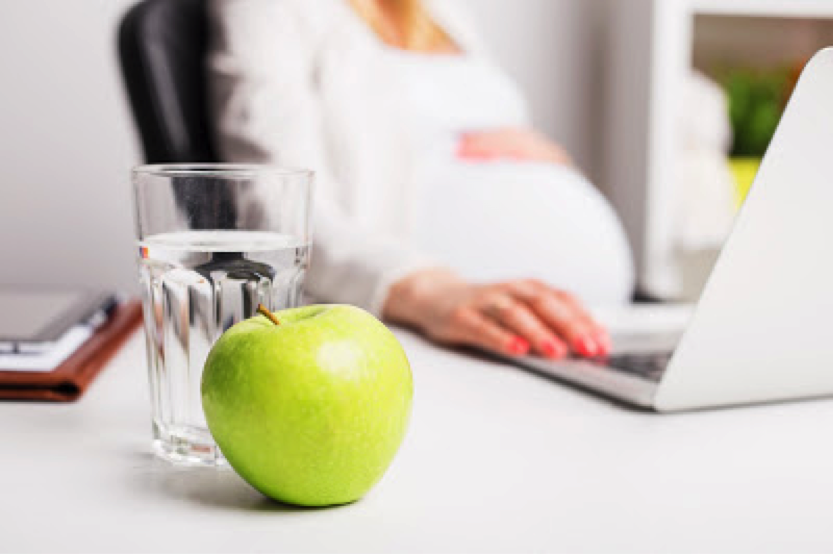The low FODMAP diet during pregnancy

Dr Marina Iacovou - Research Dietitian, 19 May 2016
There are a number of nutritional factors to consider during
pregnancy. Such as:
- Whether you are following a
low FODMAP diet or not, it is important to meet your appropriate energy (kilojoule/calorie)
needs, which includes extra nutrition requirements during pregnancy. A suitable
pregnancy supplement is also recommended during this time
- A loss of appetite, an
aversion to certain foods, morning sickness (nausea/vomiting), and in a small
percentage Hyperemesis gravidarum (severe vomiting causing dehydration), can make
it difficult to meet your nutritional requirements
- It is important to avoid
certain foods which contain listeria or salmonella, because of the increased
risk of food poisoning during pregnancy. These include: soft cheeses, sandwich/deli
meats, pate, pre-prepared salads and raw eggs
- It is advised not to drink
alcohol. This is the safest option.
This is why consulting with a dietitian is very important
whether you are following a low FODMAP diet or not.

Some women that suffer from IBS note a change in their
symptoms when pregnant. For some, this can be an improvement, for others an
exacerbation. Frequently we observe that in women with diarrhoea-predominant IBS,
their bowel habits improve. Because of this, they are able to introduce some
moderate to high FODMAP-containing foods into their diet without significant
symptoms. This is likely to be due to the following:
- The mineral iron contained
in pregnancy supplements has a known side effect of constipation which may
counteract existing loose bowel motions
- The development of the foetus
and the growing uterus places pressure on the bowel
- Progesterone, a pregnancy
hormone, slows down the transit time of food through the bowel
In contrast, in
those with constipatory-IBS, constipation can be further exacerbated when
pregnant. It is therefore extremely important that you have adequate water and fibre
in your diet, and you follow appropriate exercise practices during pregnancy. This should help to keep your bowels moving. But,
if this is not enough, please see your doctor for further advice.
We have not
conducted studies using the low FODMAP diet in pregnant women, and do not
recommend it as a dietary therapy for pregnancy. Also, it is not a diet that
should be commenced during pregnancy, but this information may be helpful to
those already on the diet who may fall pregnant, as it is possible that there
are changes to your food sensitivities during this time. It is important that
you discuss possible food re-introductions with your dietitian.
For more
information on healthy eating during pregnancy please refer here

